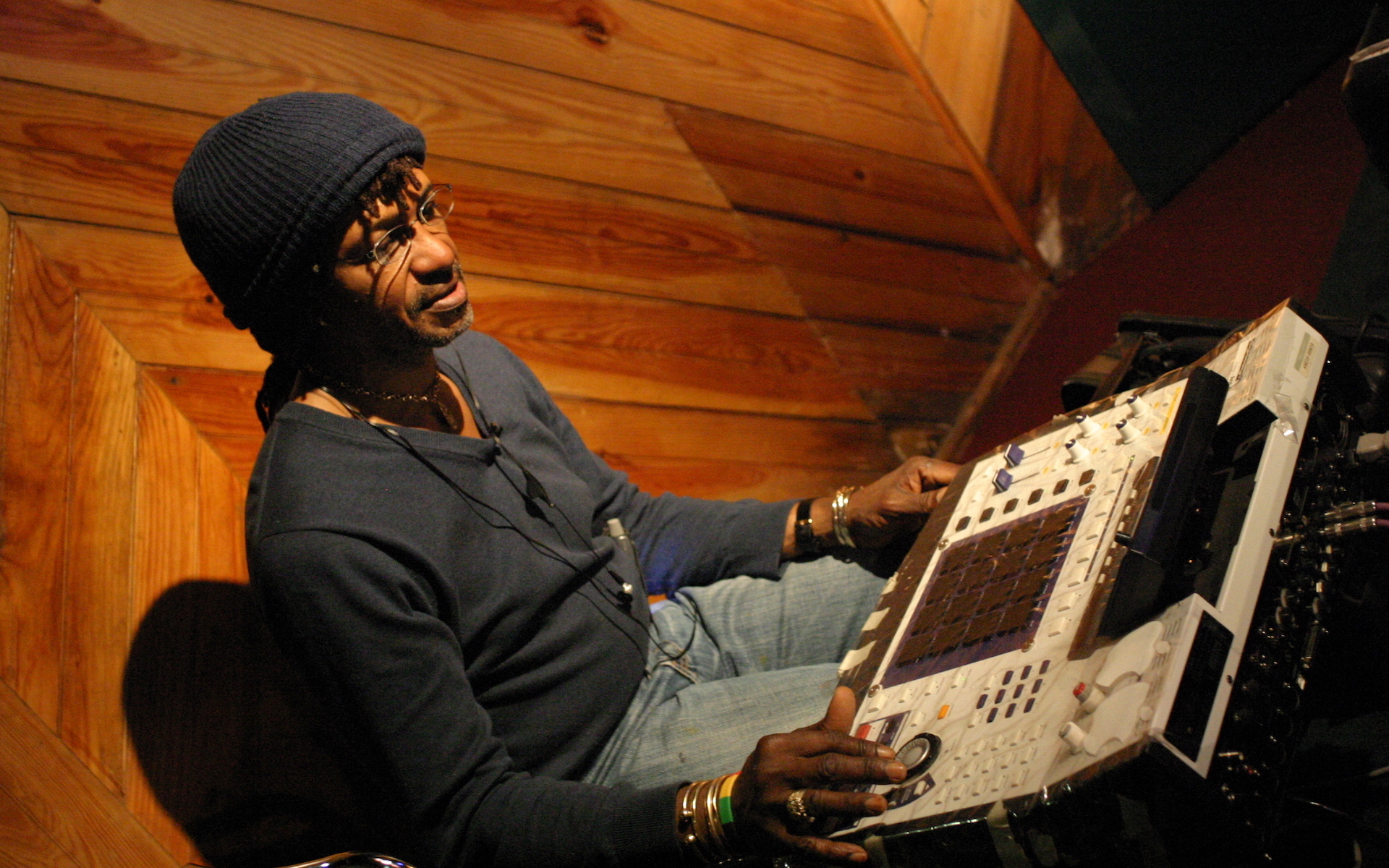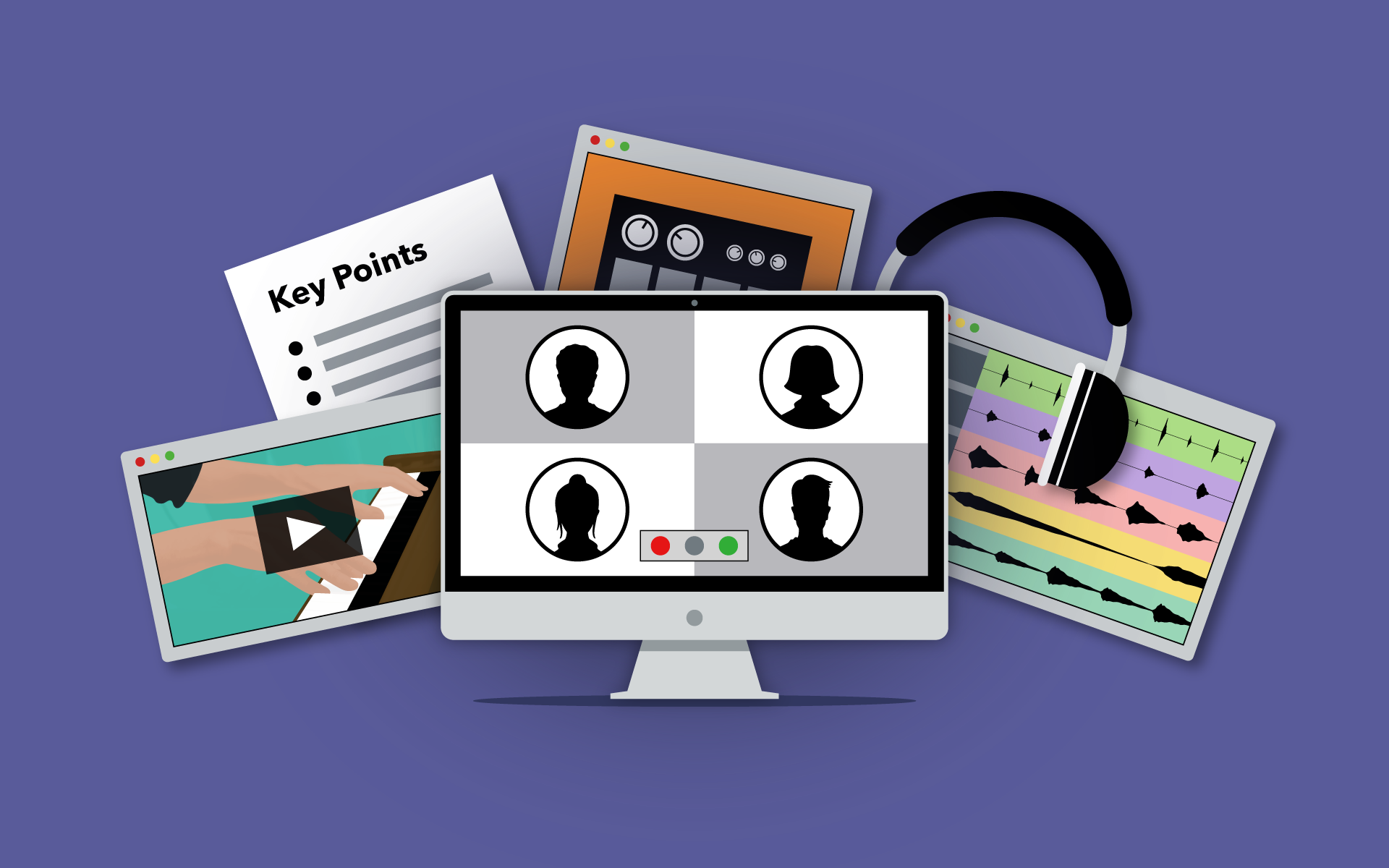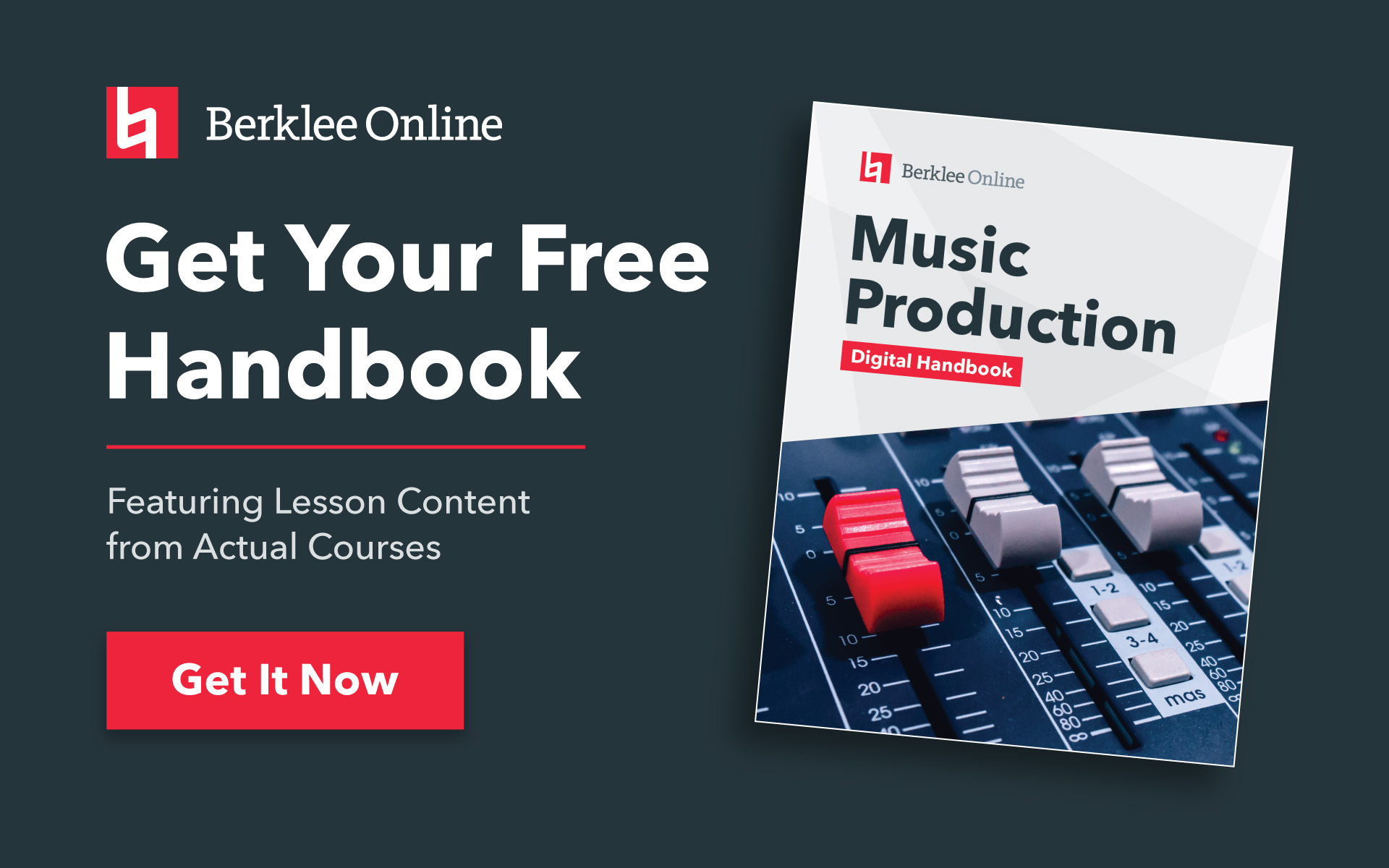Master Any Guitar Tuning Quickly Using Berklee Online’s Innovative Online Guitar Tuner
My name is Erin Barra, and I’ve been teaching online for about six years with Berklee Online as well as in collaboration with many different organizations, individuals, and classrooms around the world. Being able to meet people where they’re at is powerful and makes learning accessible to way more people. When viewed as an opportunity as opposed to an obstacle, remote learning can be just as awesome and engaging as being in a live classroom.
Here are 10 tips for you to use in your own virtual classrooms to keep things exciting:
- Be Prepared: Because there are so many pieces and parts to teaching online it’s very important for you to be prepared with any assets you’ll be using in class, which include images, audio, sessions, links, documents, etc. No one wants to watch you click around, looking for something—you will lose them.
- Prioritize Socialization: When you start class, ask everyone a question. It could be as simple as “how are you doing in the course and are there any questions?” but better yet, ask something off-topic like, “what’s your favorite show you’ve watched lately?” This gets everyone talking right away, and sets the tone for verbal engagement as class continues. Socialization—especially for musicians—is important for your students and you should make it a priority.
TAKE A FREE FOUR-WEEK VERSION OF ABLETON LIVE FUNDAMENTALS WITH ERIN BARRA
- Agreements: It’s a good idea to have an agreement with your students about what’s expected from all parties in your virtual classroom, just as you would in the brick-and-mortar sense. As a teacher I agree to be on time, dressed professionally, and prepared to teach class. From the students I expect that they’ll be on time, dressed as a regular student would, camera on (bandwidth permitting), ready to participate and learn. Laying the expectations out makes a huge difference in getting people to treat the virtual classroom with the same respect which innately is a part of being physically in the same room together.
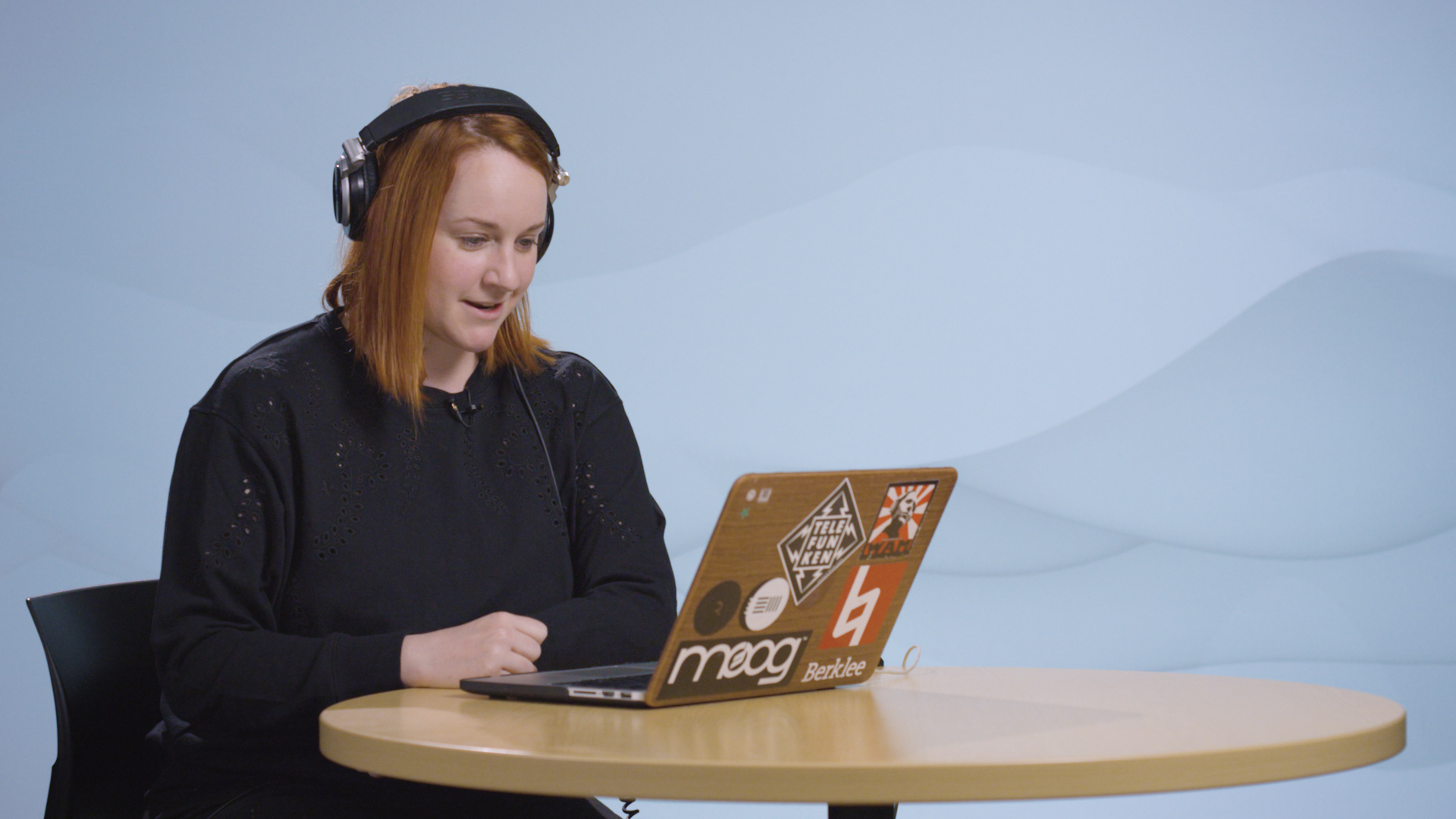
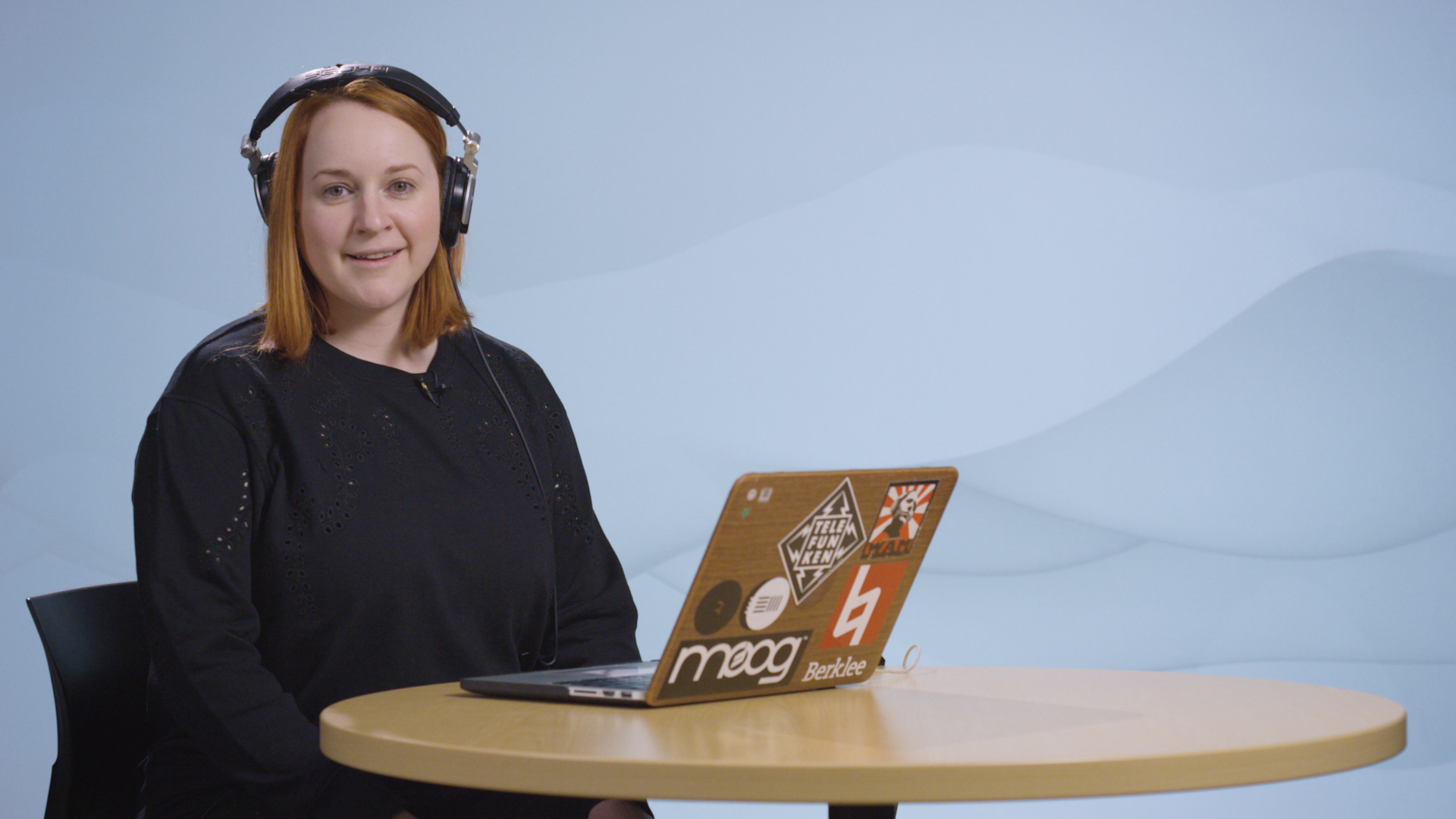

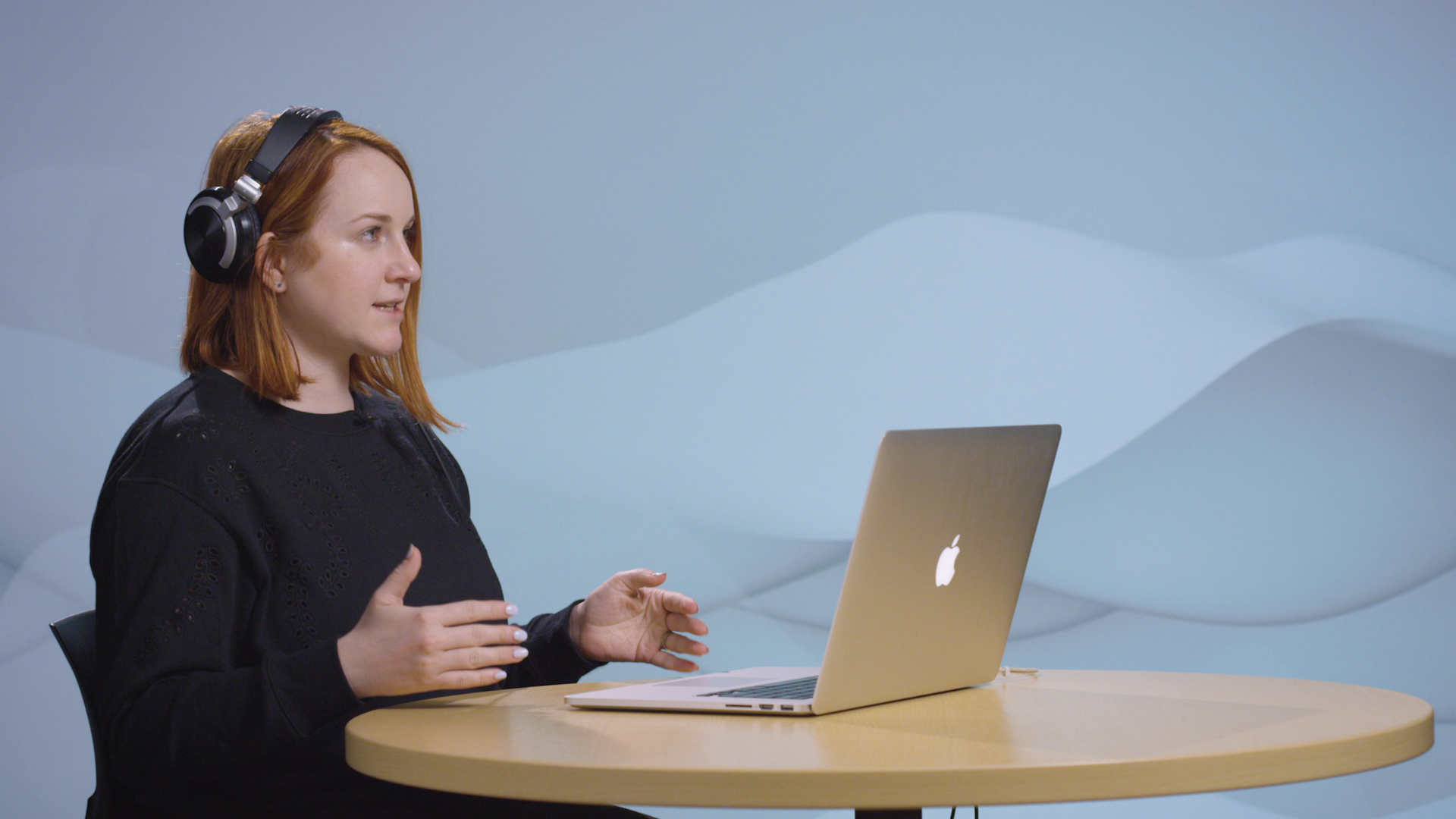
- When Teaching a New Technique in Class, Keep Things Interactive: When you showcase a new technique, parse it out into interactive steps that can be done by students in class. When students complete each step, have them give you a “thumbs up,” either with an emoji or their actual thumb if you can see them all. This creates a back and forth between you and the rest of the class which keeps people glued to the process.
- Ask Questions: If someone has a question or you’re teaching a new concept, pose it to the group for discussion. Ask questions like, “would you like to try answering that?”, “Does anyone have any experiences with these concepts and could you talk about them?” If you’ve ever spent any time in front of a class, you likely know that this is called the Socratic Method, and is just as important to implement in an online learning environment as in a physical classroom. Calling on random people and asking them what they think will keep them on their toes.
- Make Troubleshooting Interactive: Whether you’re helping people work through software issues or just plain don’t know the answer to a question, make it a group effort by sharing screens, doing Google searches, and hunting for answers in class. Not only does this make the process more interesting, but it shows students how to search for information on their own and solve their own problems.
- When Sharing Material and Giving or Receiving Feedback, Try These Techniques to Make the Process Interactive:
- While one student is sharing their project, have all the other students on a shared forum or document, type feedback in real time. I like to format the feedback to address these three things, but you should create your own criteria based upon your learning outcomes:
- Overall Impressions
- Arrangement/Composition
- Task-specific rubric (i.e., Mix, Editing of Vocal, Gain Staging)
- You’ll see recurring themes in the written feedback given by the students, which is often more compelling and convincing than a single person voicing their opinion in front of a group.
- While one student is sharing their project, have all the other students on a shared forum or document, type feedback in real time. I like to format the feedback to address these three things, but you should create your own criteria based upon your learning outcomes:
- Think about a ‘Flipped Classroom’: In a flipped classroom, the teaching happens before class via outside resources and the “doing” happens in class. Think about ways you can be interactive in class and spend more time doing, listening, and talking to each other. You can lean on external resources like videos or texts to help supplement the more formal teaching or lecturing you might do in a traditional classroom setting.
- Be Ready to Improvise: Like any good musician would do, be responsive to what’s happening and if need be, change course. You should have a plan, but if something is feeling like it’s not working or you’re losing people, try one of the other techniques I listed above like asking questions or trying some interactive listening.
- Write a Follow-up Message: It’s really easy for information overload to prevent us from getting the important information, so make sure to follow up with an email that presents the important things in a clear and digestible way. That would include:
- A short summary of what happened in class
- A link to re-watch the class if it was recorded
- Any links to things that were referenced in class with a note to contextualize what they are and why they’re important—these could be sites you visited in class, videos you watched, or things people posted in the chat, etc.
- Very clear expectations of what students should be doing between now and the next time you meet, assignment criteria and where/how to submit their work.
TAKE A 12-WEEK COURSE WITH ERIN BARRA
And there you have it. These techniques work just as well in a virtual classroom as they do inside four physical walls, so take what’s useful to you and put it into action.
Erin Barra is an educator, songwriter, producer, multi-instrumentalist, and music technology consultant. She is an associate professor in the Songwriting department at Berklee College of Music and is one of the leading product specialists for Ableton. She teaches many courses with Berklee Online, and helped bring many campus professors up to speed on the online teaching model during the coronavirus pandemic of 2020. She also works with artists and bands looking to integrate laptops and digital technologies into their writing, production, and stage setups, and has developed and taught several music technology curriculums.




